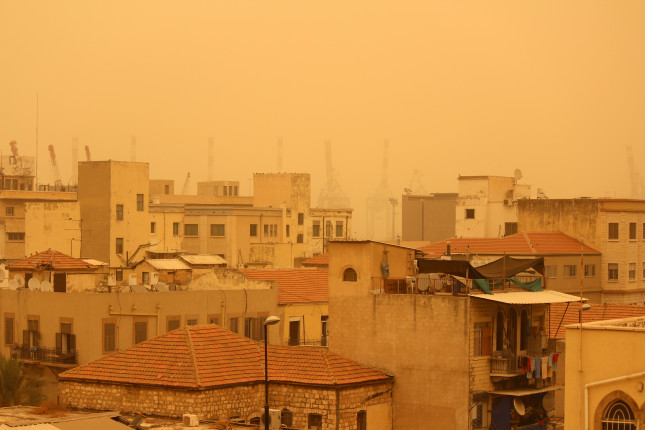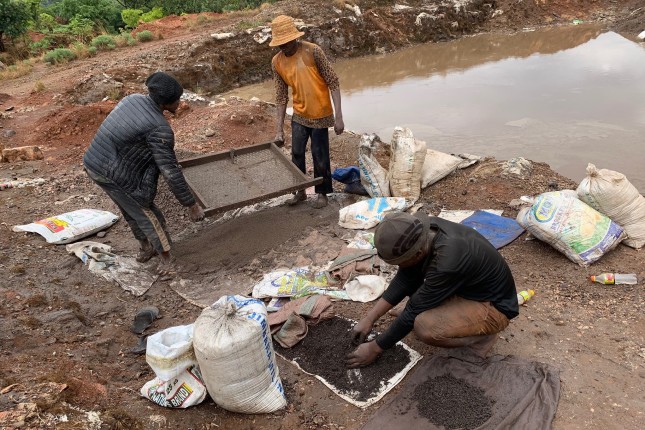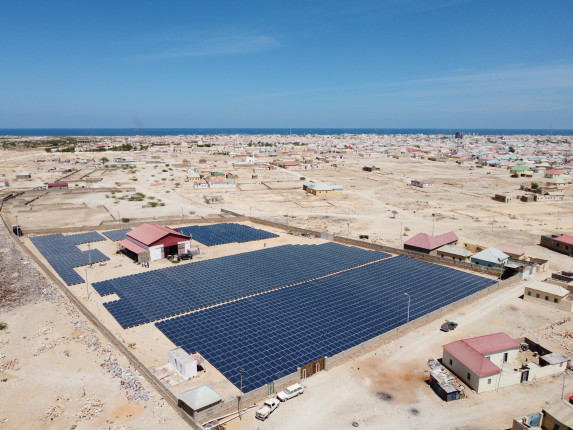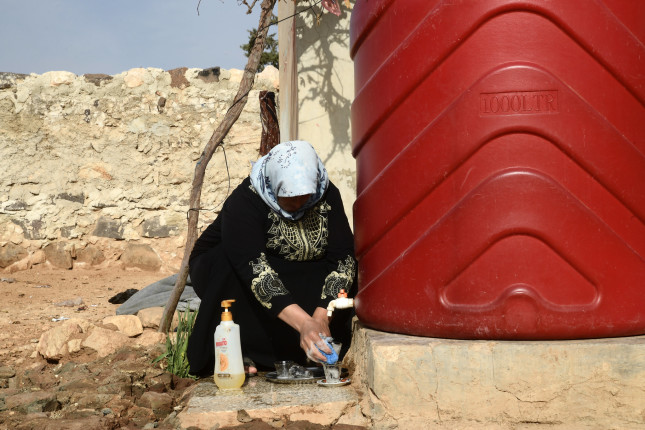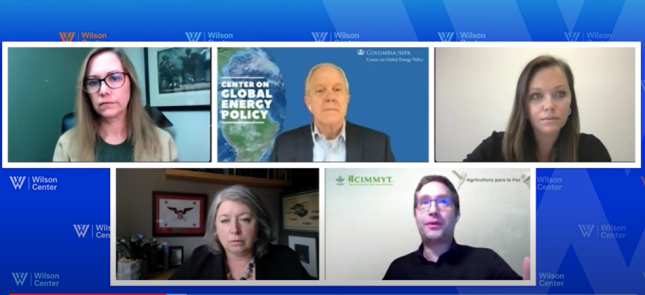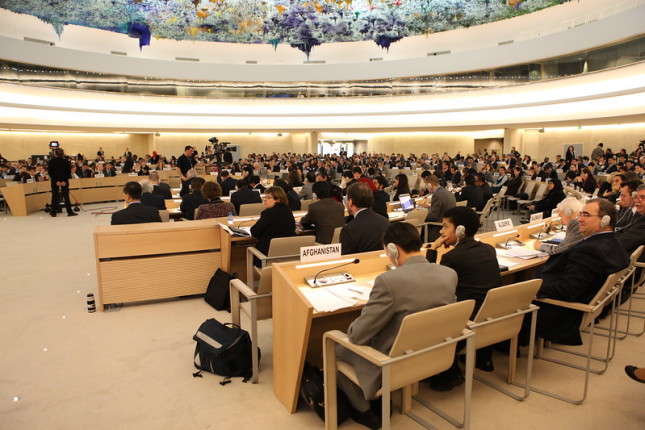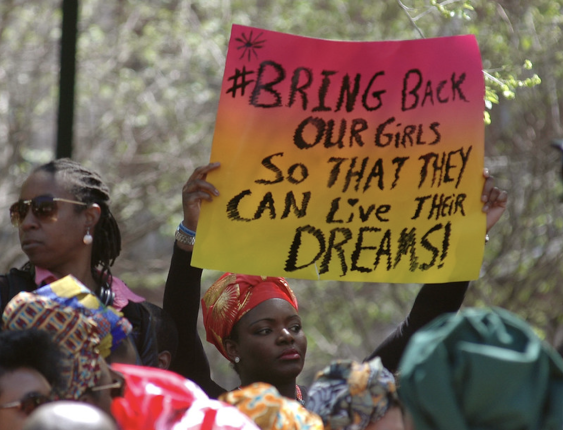-
PERAC: A Voice for Environment and Indigenous Peoples in Conflict’s Grip
›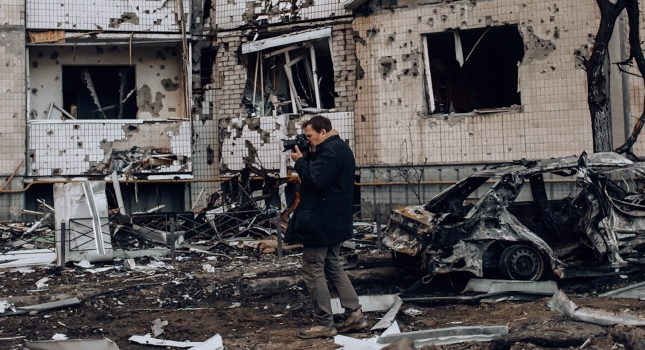
The harm that comes to the environment during armed conflict is often permanent, yet the lack of advocates to fight for its protection as they happen creates a deafening stillness. Indeed, this state of affairs has led to the environment to be seen as the “silent victim of war.” Vietnam, Kuwait, Syria, Afghanistan, Ukraine, and several more nations have been permanently damaged due to the destruction of the environment during armed conflict which can persist long after hostilities have ceased.
-
Top 5 Posts for May 2022
›
In Iraq, climate change is adding stress to an already precarious situation. Weak public services, growing unemployment, fossil fuel-related environmental and health hazards, and other factors have generated high levels of social vulnerability and contributed to recent protests. In the top post for May, Dylan O’Driscoll and Shivan Fazil write about how, against this fragile backdrop, insecurity is heightened by increasingly deadly flash floods and more frequent dust storms that pose a public health threat.
-
Extracting Opportunity in the Renewable Energy Transition
›
Few people can name from memory the materials required for wind turbines, photovoltaic panel semiconductors, and electric car batteries. The list is too long, but among the more recognizable minerals used in renewable production are aluminum, lithium, cobalt, iron, copper, lead, and nickel.
-
Can Law Prevent the Green Resource Curse in Sub-Saharan Africa?
›
The transition to a carbon-neutral economy will bring profound shifts to diverse economic sectors. This transformation will generate increasing demands for land for renewable energy generation and the minerals needed for clean energy technologies.
-
Water Management in Armed Conflict: Improving Collaboration and Joint Knowledge
›
Speaking at a session at the 2nd International Conference on Environmental Peacebuilding in February, Guillaume Pierrehumbert, head of the Water and Habitat Unit of the International Committee of the Red Cross (ICRC) called for “a comprehensive rethink of collective humanitarian action” to address the unprecedented civilian crises in protracted armed conflicts.
-
System Shock: Russia’s War and Global Food, Energy, and Mineral Supply Chains
›
Russia’s invasion of Ukraine is sending shockwaves through global systems for natural resources like food, oil and natural gas, and critical minerals. But a recent Wilson Center event assessing the fallout of the conflict also looked to the deeper implications and lessons from the crisis.
-
Pay More Attention to the United Nations Universal Periodic Review
›
“To attack the most vulnerable—babies, children, pregnant women, and those already suffering from illness and disease, and health workers risking their own lives to save lives—is an act of unconscionable cruelty,” says a Joint Statement from UNICEF, UNFPA, and WHO in response to the ongoing war in Ukraine. To monitor human rights abuses such as this and improve human rights conditions around the world, the United Nations (UN) General Assembly established the Universal Periodic Review (UPR) in 2006. The UPR produces purposeful engagement by all 193 UN member states participating in the periodic reviews. Despite the UPR’s potential to advance human rights—and by extension improve human security—this novel human rights mechanism receives little attention among scholars and policymakers. This lack of interest in the UPR needs to change. More research could shed light on its role in improving human rights outcomes in conflict-free countries as well as in countries experiencing conflict like in Ukraine, Syria, and Ethiopia.
-
#BringBackOurGirls: Ecofeminism, Climate, and Conflict
›
On the night of April 14, 2014, a group of militants attacked the Government Girls Secondary School in Chibok, Nigeria. They kidnapped 276 female students, ranging from ages 15 to 19 years. An armed group called Boko Haram claimed responsibility for the kidnapping.
Showing posts from category conflict.


